
‘Punitive Demolitions Grave Violation Of Human Rights’ UN Special Rapporteur tells Supreme Court
The UN Special Rapporteur on adequate housing, Balakrishnan Rajagopal, has formally told the Supreme Court that the use of bulldozers for demolishing homes without proper authorisation constitutes a severe infringement of international human rights. This comes months after the international human rights group Amnesty International referred to the destruction of 128 properties owned mostly by Muslims in just 15 days.

Recognising and Resisting Political Manipulation During Elections
As legislative elections approach in the states of Maharashtra, Haryana and Jharkhand and the Union Territory of Jammu and Kashmir, it’s that time of year when contesting political parties will put their best foot forward in an attempt to co-opt us into their political battles. We may be tempted to think we have stakes in these conflicts, but in reality, our true interests might not be at the core of these struggles.
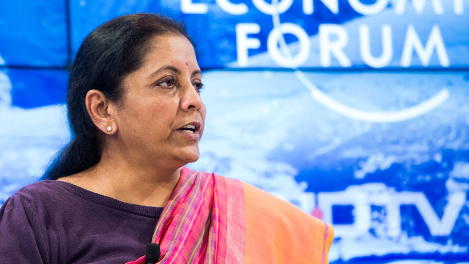
Court Orders FIR Against Finance Minister Sitharaman Over Electoral Bonds
A special court in Bengaluru has directed the police to register a First Information Report (FIR) against Union Finance Minister Nirmala Sitharaman and several leaders of the Bharatiya Janata Party (BJP) on allegations of extortion connected to the controversial Electoral Bonds Scheme.
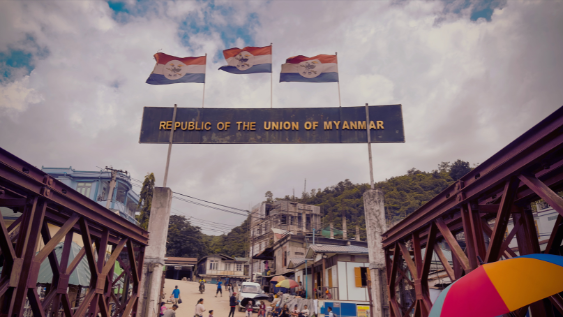
Did 900 ‘Kuki Militants’ Really Enter from Myanmar?
An “intelligence” report has emerged suggesting that over 900 “Kuki militants,” trained in advanced warfare techniques, have crossed from Myanmar into India and may target Meitei villages in Manipur around Sept. 28. It’s quite strange that this information was shared with the public at a press conference by a senior official, rather than being communicated discretely to the Indian Army, or at least the Assam Rifles stationed at the India-Myanmar border—who are better equipped than ordinary citizens to respond.
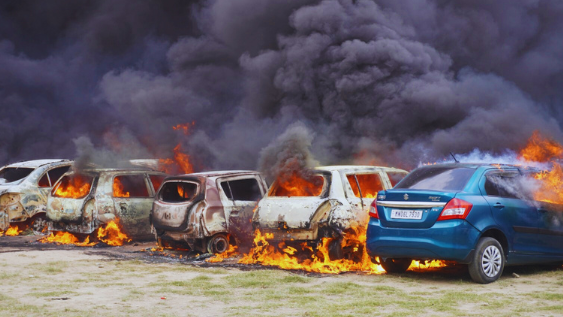
Manipur Inquiry Panel Urged to Initiate FIR Against Chief Minister Biren Singh
Advocate Prashant Bhushan has formally requested the inquiry commission, established by the Union Home Ministry to investigate ongoing ethnic violence in Manipur, to register a First Information Report (FIR) against the state’s Chief Minister, N. Biren Singh. The plea is based on the contents of the “Manipur Tapes,” which allegedly feature Singh’s voice. Representing the Kuki Organisation for Human Rights, Bhushan accuses Singh of “conspiring and orchestrating heinous crimes” against the Kuki-Zo people, asserting that his removal from office is “necessary.”
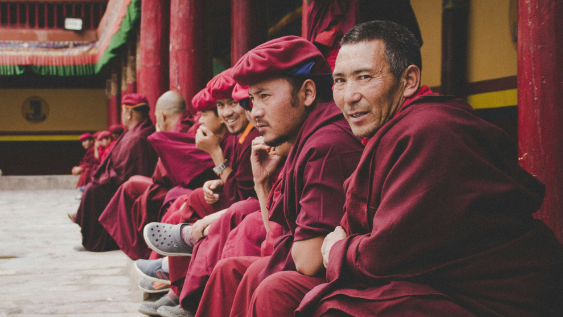
Activist Sonam Wangchuk’s 1,000-KM Walk for Ladakh’s Autonomy
More than 100 volunteers, led by climate activist and innovator Sonam Wangchuk, are part of a month-long 1,000-kilometre walk from Ladakh to Delhi. The journey, called the “Delhi Chalo Padyatra” and which started on Sept. 1, aims to revive discussions on Ladakh’s four-point agenda after talks with the central government stalled in March.

Is Uttar Pradesh Govt Acting as if It Is the Central Authority?
The Uttar Pradesh government has reportedly enacted a new digital media policy aimed at regulating content classified as “anti-national, indecent, or harmful” on social media platforms. The policy outlines severe penalties, including potential life imprisonment for violations, despite the fact that regulation of telecommunications and broadcasting is a central prerogative and a “policy” cannot introduce new penalties.
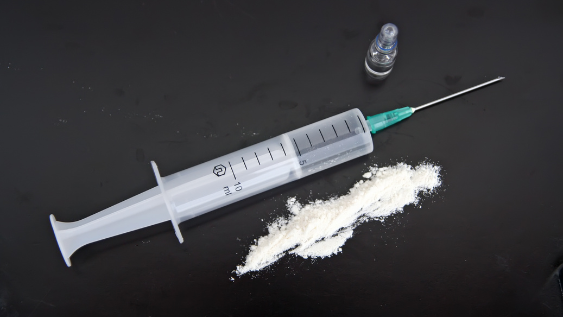
Drug Trade: Who are Manipur’s ‘Narco Terrorists’?
In the ongoing ethnic violence in Manipur, the label “narco-terrorists” has been employed in what seems to be a tacit attempt to justify brutal attacks on ordinary Kuki-Zo-Hmar tribal people, who are solely blamed for the state’s drug problems. This label also seems designed to hinder empathy for the tribal victims, both within the state and potentially beyond. However, at least five facts about the drug trade in this northeastern state create a different narrative—a narrative that neither any of the ethnic communities nor the ruling political party leaders would be comfortable with.
